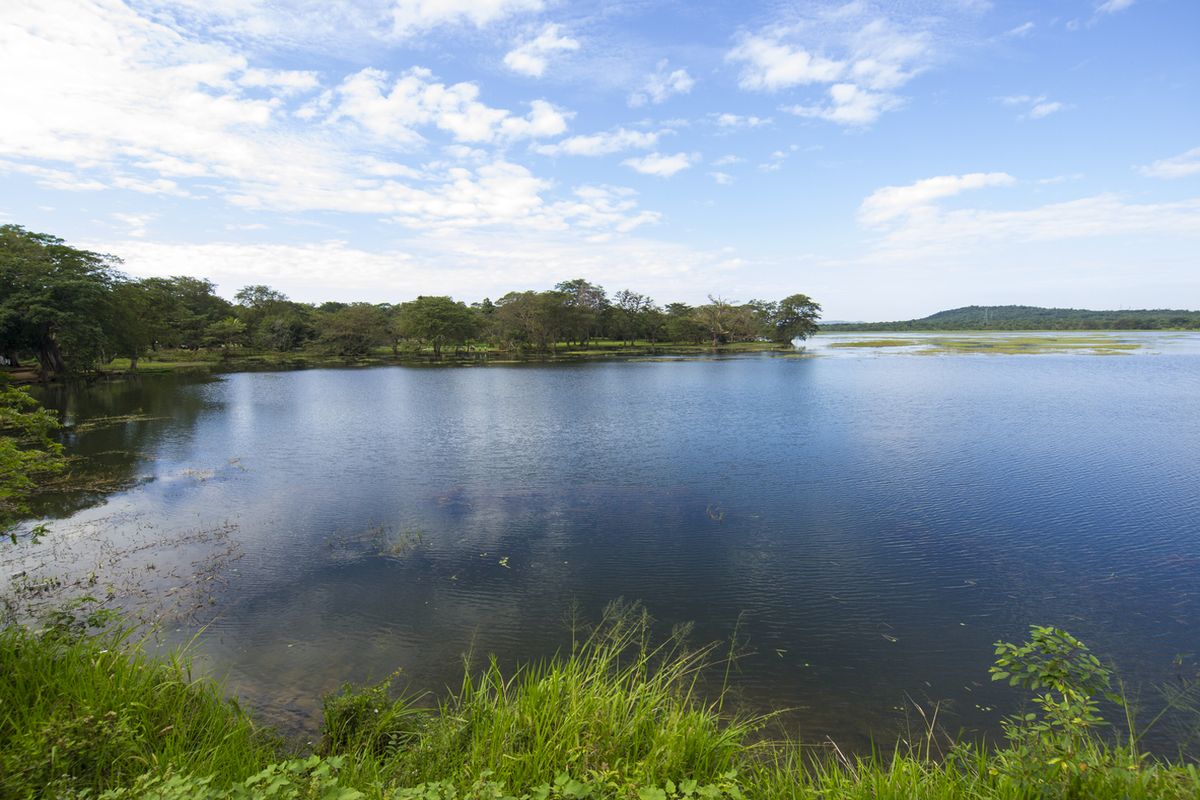On World Water Day, Centre for Science and Environment (CSE) researchers pointed out that sudden rising heat has severe implications for water security. To begin with, it would mean greater evaporation from waterbodies.
“What does this intense heat wave that has hit large parts of India so early this summer really mean? It means – especially today, as we mark the World Water Day – that this is the age of climate change; it also means that how we deal with our water in the coming days will determine whether we would survive such extreme climatic conditions,” says Sunita Narain, Director General, CSE.
She said, “It means that we need to work not just on storing water in millions of structures, but also plan for reducing losses due to evaporation. It’s not that evaporation losses did not happen in the past, but the rate of evaporation will now increase with the soaring temperatures.”
India is witnessing a repeat of 2021 conditions, when temperatures touched 40oC as early as in February in some parts of the country.
Avantika Goswami, deputy programme manager, climate change, CSE said, “And this was when 2021 was the year of the La Niña — the Pacific water currents that are known to bring cooler temperatures globally. Indian weather scientists have informed that global warming has offset this cooling effect of La Niña.”
Increased heat can also lead to a drying up of moisture in soils. It will make the land dusty and will increase the need for irrigation. In a country like India where the bulk of the food is still grown in rainfed regions — irrigated by rain — it will intensify land degradation and dust bowl formations.
This means water management must go hand in hand with vegetation planning to improve the ability of soils to hold water, even in times of intense and prolonged heat.
Besides, heat will drive up the use of water — from drinking and irrigation to fighting fires in forests or buildings. Devastating forest fires rage have been witnessed in many parts of the world and this will only increase as temperatures go up.
Currently, the water structures that are being constructed under the Mahatma Gandhi National Rural Employment Guarantee Act, for instance, are designed for normal rainfall. But now, as extreme rains become the normal, the structures will need to be redesigned so that they last over the seasons, suggested CSE.











